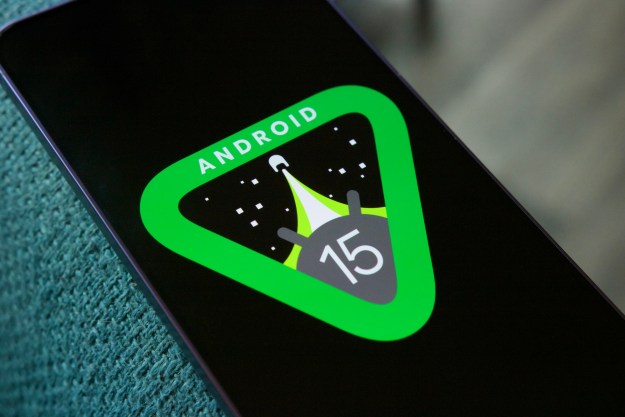While Apple prepares to enter the business of finding easily lost items, Google is taking another approach. With the announcement of the Android Ready SE Alliance, Google is taking steps to grant your Android phone the power to unlock doors, as well as replace your ID and passport, laying the groundwork for even more ambitious plans in the future.
Amid an ever-present chorus of subjectivity, nearly everyone can agree that the most important features for a smartphone to have include its convenience and its security, with the two ideally working hand in hand. This alliance could prove to be the beginning of a new evolution for both features.
Digital keys are hardly science fiction at this point. Apple’s CarKey feature, with the help of its own Secure Enclave, already allows users to unlock supported vehicles. As for mobile identification, it would seem almost inevitable given massive increases in identity theft in recent years and the abundance of interconnected systems at airports and borders.
Google has been working toward this goal for some time now, most significantly with the introduction of its Titan M chip on the Pixel 3 in 2018. This tamper-resistant chip enables storage for, perhaps unsurprisingly, tamper-resistant keys on Android apps in what is called Strongbox. Everything from booting up your phone, to unlocking it with biometrics, to accessing services with sensitive information like Amazon, PayPal, or similar FIDO-compliant web services are all made more secure through the Titan security chain. So, why not something as simple as a car key?

Apart from Google, the newly formed alliance includes Giesecke+Devrient, Kigen, NXP, STMicroelectronics, and Thales. It’s no modest team, to be sure. Google also says it has “several Android [manufacturers] adopting
Wider-ranging implications could see these features and those still to come extend beyond your smartphone, especially given that these security implementations are already available on Wear OS, Android Auto Embedded, and Android TV. While it’s easy enough to imagine a use case for your watch to replace your wallet and keys, it’s another thought experiment entirely to envision how it might transform the way you use the big screen in your living room.
Editors' Recommendations
- Is the messages app on your Samsung phone crashing? Here’s how to fix it
- Does a job listing mean Apple TV is getting an Android phone app?
- Google just announced 7 big Android updates. Here’s what’s new
- The Google app on your Android phone is getting a helpful new feature
- It’s impossible to recommend a cheap Google Pixel phone
